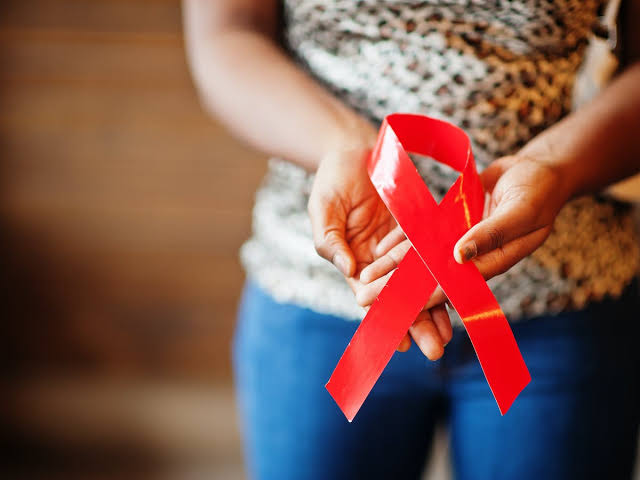New research and analysis conducted by Economist Impact in 13 African countries, including South Africa, shows that fully financing the HIV response in Africa will not only save lives but also produce substantial health, social, and economic gains. According to the report titled “A triple dividend: The health, social, and economic gains from financing the HIV response in Africa,” released on Wednesday by UNAIDS, governments must act immediately to fully finance the HIV response in Africa to end AIDS as a public health threat by 2030.
The report warns that failure to secure the required funding to end AIDS as a public health threat by 2030 will lead to substantial health, social, and economic costs. It highlights a glimmer of hope for young women in South Africa, stating that if South Africa meets the targets for fully financing the HIV response, women aged 15-19 will account for almost 15% of the reduction in new HIV infections by 2030, despite making up less than 5% of the total population.
It also projects meeting the 2030 target will see South Africa’s GDP increase by 2.8%. This is a clear indication that fully financing the HIV response is not just a health issue but also an economic one. “It will put African countries on a path towards building more resilient healthcare systems and be better prepared for future pandemics,” said UNAIDS Executive Director, Winnie Byanyima.
The report shows funding levels in 2020 fell almost 30% below targets, making upcoming targets even harder to achieve. UNAIDS projects that over 7 million AIDS-related deaths will occur by 2030. However, a fully funded HIV response and proper policies could prevent half of those deaths.
“Not only would there be between 40% and 90% fewer new HIV infections, depending on the country. But investing in the HIV epidemic would also enhance educational outcomes, especially for young women and girls, reduce gender inequalities and boost economic growth,” reads the report.
It notes that global crises like Covid-19 have hampered HIV efforts and financing for health and other Sustainable Development Goals. Economist Impact’s Rob Cook suggests policymakers use existing financing and community networks more effectively, stating that drawing on existing community-centered networks could play a key role in both mobilizing additional resources for the HIV response and ensuring that it is equitable and reaches those mostly in need.
“Young women, children and other vulnerable populations will pay the highest price as pre-existing health and socio-economic inequalities widen. The significant fiscal challenges facing African countries have limited their ability to increase domestic funding of the HIV response and constrained overall health budgets,” the report reads.
UNAIDS estimates low and middle-income countries require US$ 29 billion annually to meet 2030 targets of ending AIDS as a public health threat. The report highlights that enhanced HIV financing can benefit young girls and women the most, reducing inequalities and addressing gender disparities.
“Our findings also indicate that young girls and women, who are disproportionately impacted by the HIV epidemic stand to gain the most in relative terms from enhanced financing for the responses to HIV. These findings shed light on the potential benefits that could be realized in reducing inequalities and addressing gender disparities through investment in the response to HIV,” the report states.
The report on fully financing the HIV response in Africa to end AIDS as a public health threat by 2030, and the potential health, social, and economic gains that come with it, has significant implications for Nigeria. With an estimated 1.9 millions living with HIV, fully financing the HIV response could lead to fewer deaths and new infections, as well as improved education and economic growth. However, the report warns that failure to secure the required funding could lead to substantial health, social, and economic costs. policymakers must act urgently to secure the necessary resources and funding to fully address the HIV epidemic in the country.



